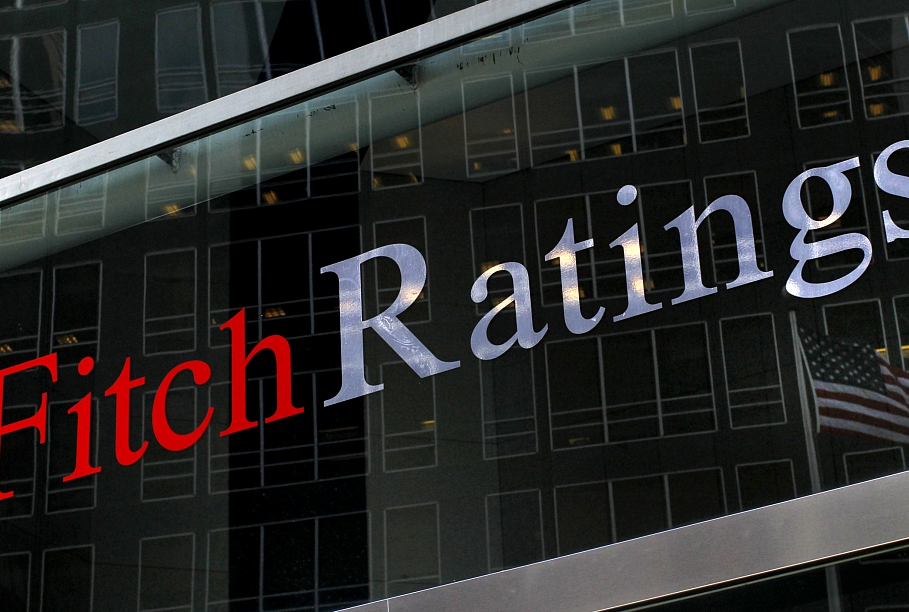Fitch mentioned Latvia's efforts in achieving energy independence.
"Latvia has eliminated its historical reliance on Russian energy imports and reduced its non-energy trade links, although they remain a potential source of vulnerability. The share of trade with Russia had fallen to 5.9% of total goods exports and 2.3% of total goods imports in May 2023, from 10.9% and 9.7%, respectively in 2014. Latvia remains exposed to a potential renewed energy price shock. Rapid pass-through of high energy prices to the real economy resulted in the third highest inflation in 2022 among all EU sovereigns (at 17.2% vs. EU average at 9.2%)," Fitch said.
The agency forecast inflation to fall rapidly and the fiscal deficit to narrow; however, "significant risks remain including the speed and extent of the disinflation path, the near-term growth outlook, the implementation of fiscal consolidation and geopolitical risks."
Fitch expects Latvia's GDP growth to be around 3% in 2024-2025, supported by an acceleration in investment as EU funds absorption advances and private consumption recovers.






























